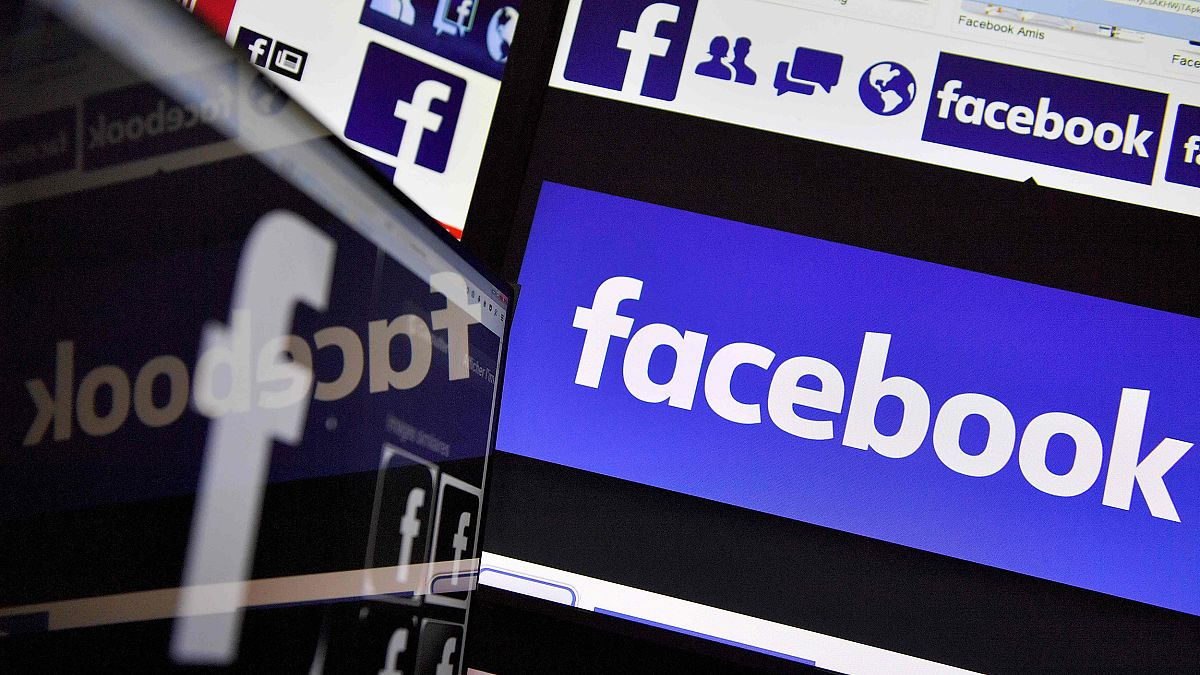Facebook has warned that its newly refocused news feed will negatively affect the number of video views and referral traffic brands media companies receive.
SAN FRANCISCO — Facebook's decision to refocus its news feed to show more posts from friendsand fewer posts from brands and publishers is a seismic shift with the potential to strike a major blow to publishers and businesses.
The social network has become an important way for brands, media companies and other content creators to reach Facebook's growing audience, which now numbers more than 2.07 billion people.
With its news feed now geared toward fostering "meaningful interactions" between people, Facebook said on Thursday that businesses can expect to see their video views and referral traffic decrease.
Not only may Facebook's change of heart affect how brands and media companies make money, but it's already hitting Facebook where it hurts. Shares tumbled more than 4 percent during trading on Friday.
The news has left publishers uncertain about the impact it may have on their businesses, especially as many have pivoted to video and have relied on Facebook to rack up those coveted views.
"While we welcome changes that reward quality and confront clickbait, it is too soon to say how these proposals will play out in the real world, so we intend to monitor the impact closely to determine their effects," News Corp told NBC News in a statement. "We will also be looking for any signs that the weighting of news sites is politically motivated. In the meantime, we will continue to negotiate with Facebook on developing a subscription model that can help expand the audience for and viability of quality journalism."
The biggest changes will come to pages that repeatedly post but don't see quality engagement, said Adam Mosseri, Facebook's head of news feed.
"Pages making posts that people generally don't react to or comment on could see the biggest decreases in distribution. Pages whose posts prompt conversations between friends will see less of an effect," he wrote in a blog post.
David Chavern, president and CEO of News Media Alliance, said, "People are going to be consuming less news through Facebook than before."
"The most difficult thing about this," Chavern said, "is that it will impact some publishers more than others, but it really emphasizes that all are subject to these Facebook rules and they can change whenever without much rationale and without much consultation."
Facebook crackdown on clickbait has already hurt engagement
While this may be another blow to publishers and brands, many already took the first big hit last year.
Engagement has been down among core Facebook users, according to data for August and September of 2017 that was analyzed by Pivotal Research Group. However, during that time, Facebook's unique audience has continued to grow.
"We can speculate that the concerns reflected in Zuckerberg's post may very well have been driving these declines," Brian Wieser, senior research analyst at Pivotal Research Group, said in a note, referring to social media's site founder and CEO, Mark Zuckerberg.
That data coincides with Facebook'scrackdown on clickbait, those sensational posts that exclaim, "You won't believe what happens next!" or "See what this Hollywood star looks like now!"
Facebook said its algorithm would punish publishers if the headlines withhold information necessary to understand the article, or if the headline is exaggerated and misleading.
Parse.ly, an analytics company used by many top publishers, said in a blog post last year that data from February to October showed a 25 percent decrease in Facebook referral traffic. Meanwhile, Google referral traffic increased 17 percent during the same period.
An analysis from the Press Association found that the clickbait crackdown has already resulted in decreased engagement for news publishers.
"They always have to strike a balance between the stickiness of the platform and how often people come back and how long they stay for and the monetization. There is a desire to make sure people feel value when they go there," said Kieley Taylor, managing partner and global head of social at Group M.
"It could benefit Google and they're always eager for more timely news," she said.
The changes might make it harder to get messaging to people about a short-term sale, Taylor said.
"Maybe there is less opportunity to be viewed with the prioritization changes, or if we try to talk to everybody on Facebook, it might be harder to come by," she said.
Why Facebook is making the change now
Facebook's product teams have focused heavily over the past few years on helping users find new content that is relevant to their interests. That means the experience has largely centered on passive consumption of content.
In other words, users watch a video or click on a story. They get what they need from it and then keep scrolling.
Wieser said the decision to pull back the reach of brands in news feed will have a negative impact on Facebook in the short term, but will ultimately prove to be a smart choice for the health of the company in the long run, according to his note.
Zuckerberg, who notoriously declares an ambitious New Year's challenge for himself each year, said last week that his focus this year would be on "fixing" Facebook's problems, which includes abuse.
Now, Facebook's product teams will shift their focus from helping users find relevant content to helping foster more meaningful interactions with friends and family, he said.
"Since there's more public content than posts from your friends and family, the balance of what's in news feed has shifted away from the most important thing Facebook can do — help us connect with each other," Zuckerberg said.
While the change may mean you use Facebook a little less, Zuckerberg said the ultimate goal is the site's billions of users feel like their time on Facebook is "time well spent."
"We feel a responsibility to make sure our services aren't just fun to use, but also good for people's well-being," Zuckerberg said.












